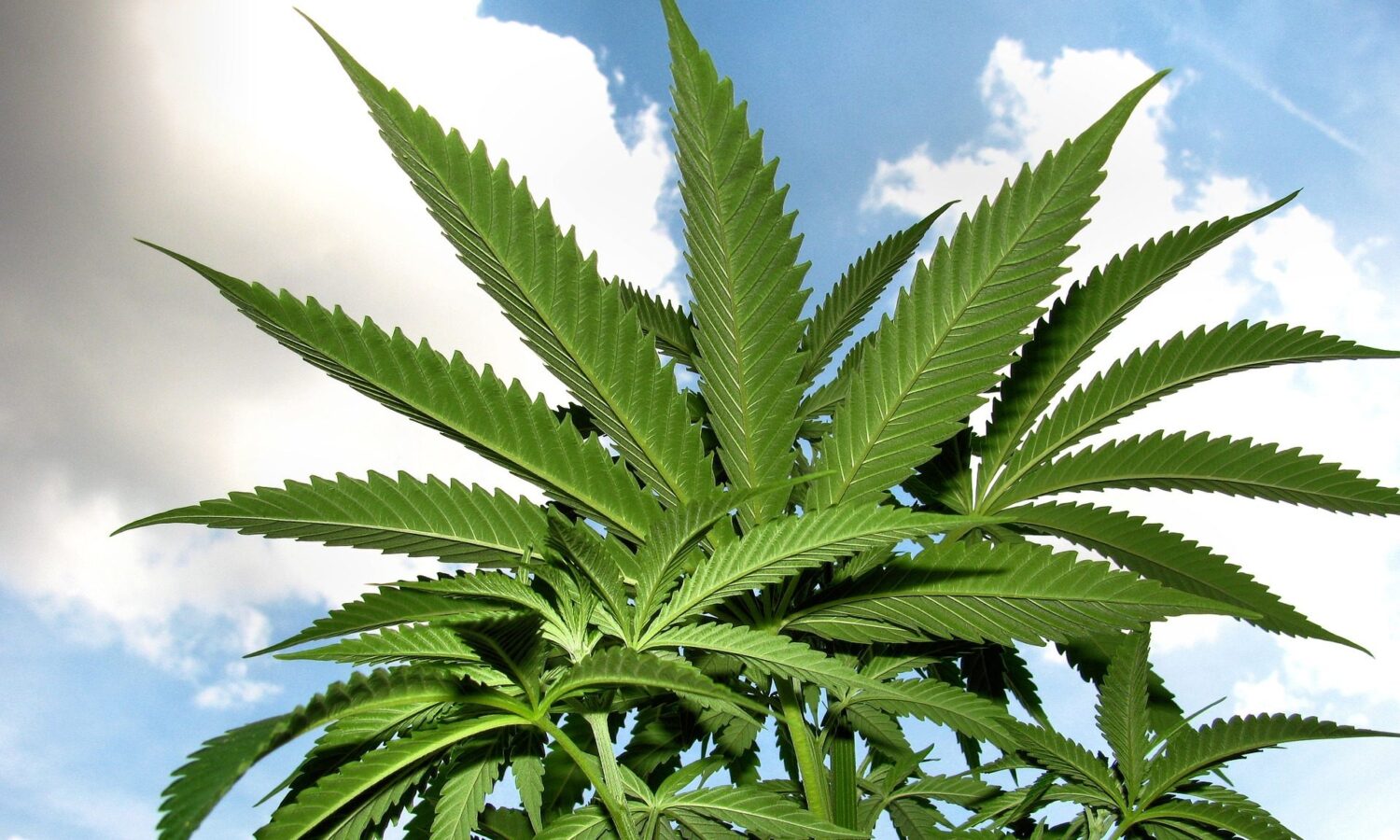Canadian Prime Minister Justin Trudeau says that his government’s concern about possible United Nations (UN) penalties for legalizing marijuana in contravention of international treaties never materialized, disclosing that no officials have as much as discussed the issue with Canada since the reform was enacted in 2018.
The comments come as anti-marijuana U.S. lawmakers in Congress are pressuring the Drug Enforcement Administration (DEA) to reject a cannabis rescheduling recommendation based on their argument that loosening restrictions would put the country at risk of UN sanctions.
Advocates have routinely pushed back on that position, in part by pointing out that Canada seemingly faced no repercussions from the international body since legalizing cannabis nationwide. Now Trudeau is confirming as much, though he conceded it was an initial concern for his government.
“The only downside we were extremely worried about was that it would place us in non-compliance with certain international treaties on drug control,” he told France.tv, according to a translation. “We thought they could punish Canada because we’re not aligned with the treaties. But nobody talked to us about this. They were interested and looking at what we were doing.”
The prime minister was a chief proponent of legalization, and the government has defended its decision to advance the reform—including at a meeting of the UN Commission on Narcotic Drugs in 2020.
The new remarks from Trudeau in an episode of the new French cannabis series are especially relevant in the U.S. amid the ongoing DEA review into cannabis scheduling that was directed by President Joe Biden. The U.S. Department of Health and Human Services (HHS) advised DEA last year to move marijuana from Schedule I to Schedule III of the Controlled Substances Act (CSA).
DEA has previously cited a need to uphold international treaty obligations in denials of past rescheduling petitions, and prohibitionists are hoping that it maintains that position by rejecting the rescheduling recommendation. But experts have contended that the modest move, which would not legalize marijuana, would not represent non-compliance with the decades-old Single Convention.
In fact, legal experts recently released an opinion arguing that a move to Schedule III would better uphold the country’s broader obligations under international law to regulate cannabis in a way that protects public health and safety.
Meanwhile, HHS has reportedly requested a legal opinion on the implications of possible marijuana rescheduling from the Justice Department’s Office of Legal Counsel (OLC), and some suspect it concerns the potential international treaty consequences. Rep. Earl Blumenauer (D-OR) has requested clarification on the request from HHS.
A Democratic congresswoman has separately implored DEA to “reject any argument” that rescheduling marijuana under federal law would constitute a violation of international treaty obligations. She also asked the agency to reveal a list of any “outside partners” it has met with to discuss the global implications of a potential cannabis reclassification.
Meanwhile, as a coalition of 12 senators pointed out in a separate letter to DEA Administrator Anne Milgram in January, the UN has since revised global cannabis scheduling policies and allowed other member states, such as Canada, to legalize and regulate marijuana without penalty. Those lawmakers urged DEA to legalize marijuana completely.
The UN’s INCB did recently reiterate that it considers legalizing marijuana for non-medical or non-scientific purposes a violation of international treaties. (Full Story)

